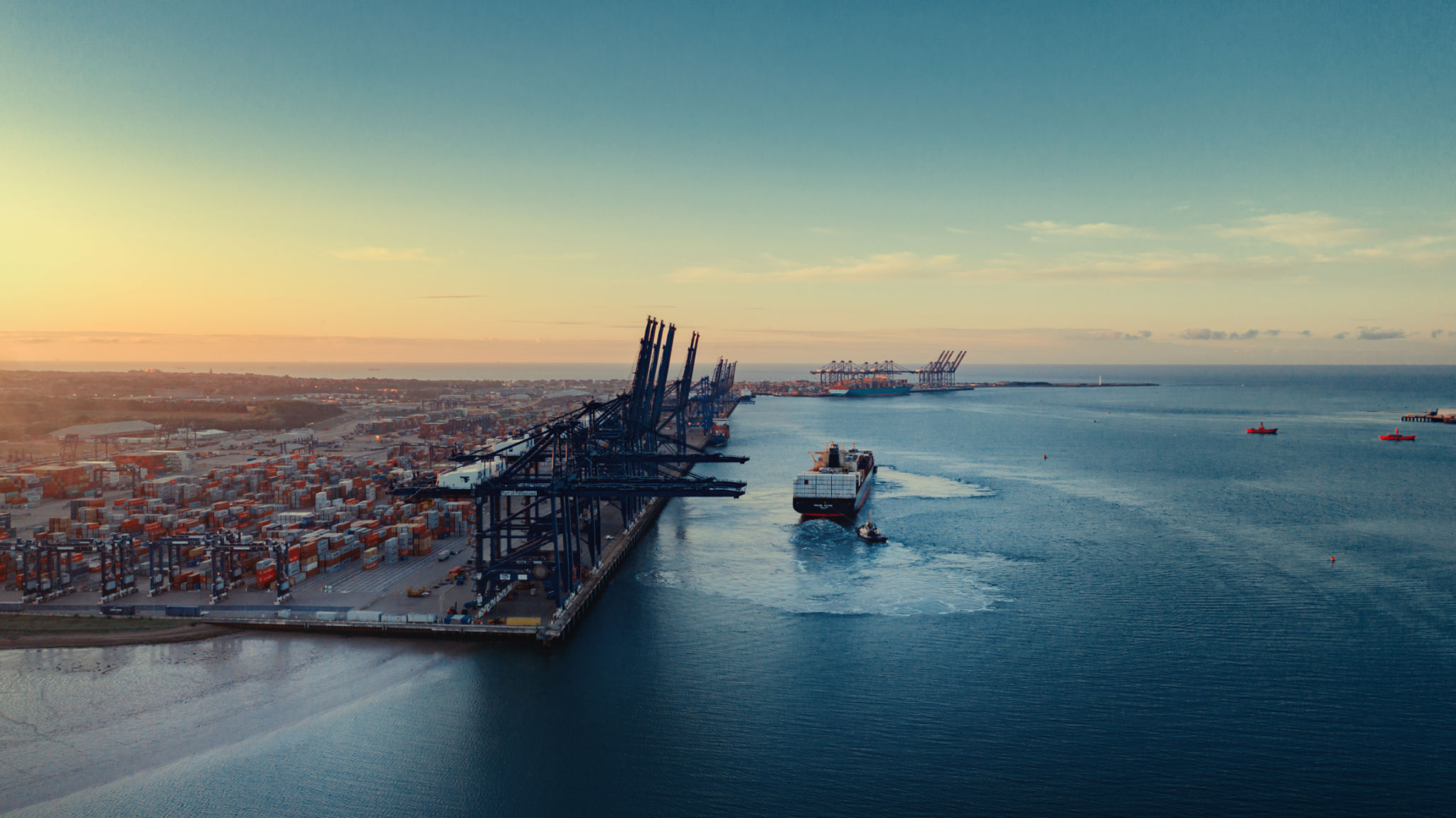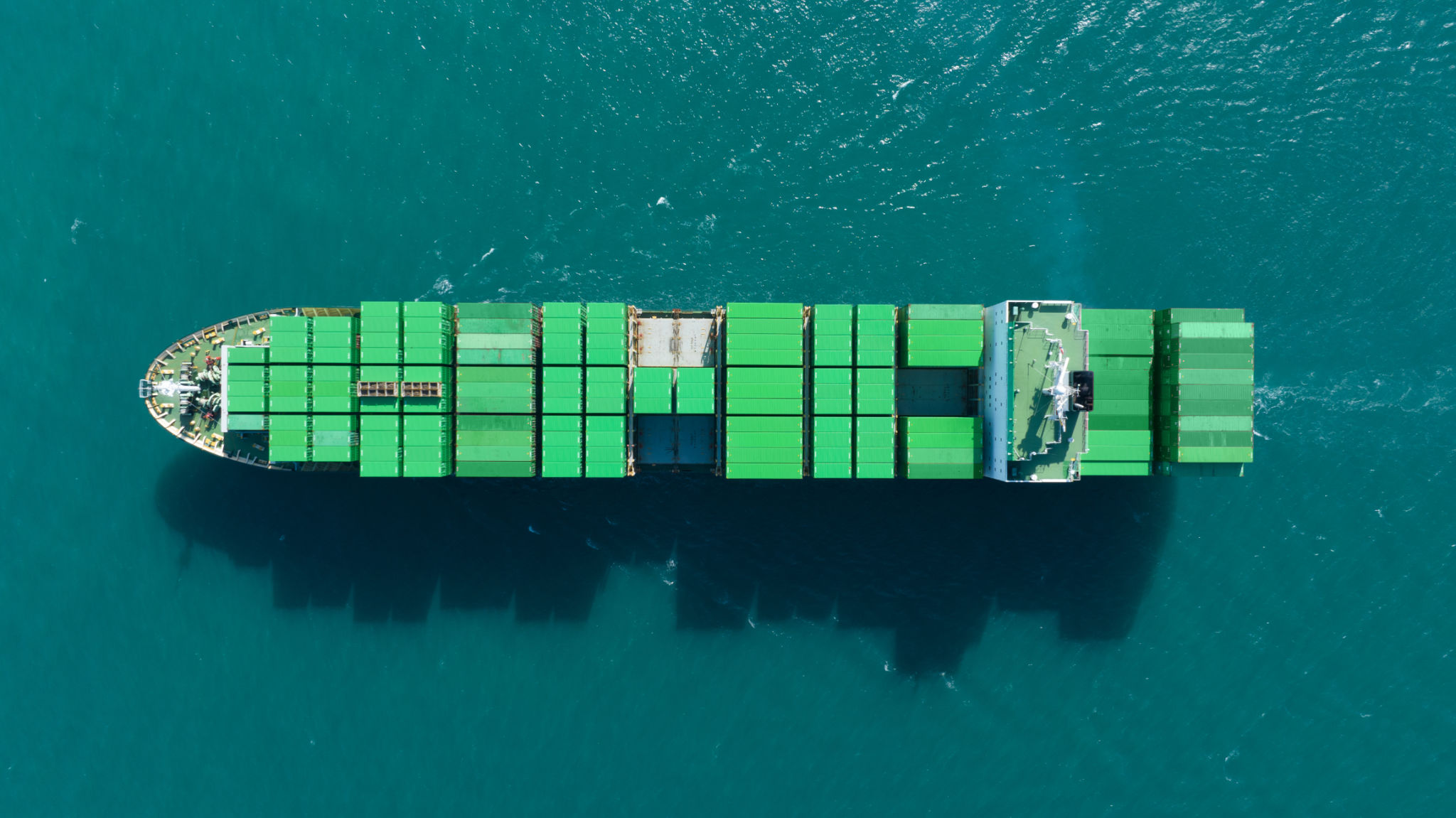Navigating UK Shipping Regulations: What You Need to Know
Understanding the Basics of UK Shipping Regulations
Shipping regulations in the UK can be complex, especially for businesses new to the market. Understanding the basics is crucial for ensuring compliance and avoiding costly penalties. These regulations cover a range of areas, including customs duties, product standards, and environmental considerations. As a business owner or logistics manager, being aware of these rules can help streamline your shipping processes.

Customs and Import Duties
One of the first hurdles in UK shipping is navigating customs and import duties. The UK requires that all goods entering the country be declared to Customs. This process involves completing detailed paperwork, including a Customs Declaration. It's important to calculate any applicable import duties accurately, as these charges can significantly affect your product pricing and overall profitability.
To simplify this process, consider working with a customs broker or using automated software solutions that specialize in customs compliance. These can help ensure that your documentation is complete and accurate, reducing the risk of delays at the border.
Product Standards and Safety
Another key aspect of UK shipping regulations is adherence to product standards and safety requirements. Goods sold in the UK must comply with specific regulations depending on their category. For instance, electronics must meet electrical safety standards, while toys are subject to different safety criteria.

Ensuring compliance with these standards not only protects consumers but also enhances your brand's reputation. Non-compliance can result in fines, product recalls, or even a ban on selling your products in the UK market.
Environmental Considerations
The UK has stringent regulations regarding the environmental impact of shipping operations. This includes guidelines on packaging waste and carbon emissions. Businesses are expected to minimize their environmental footprint by using sustainable materials and optimizing shipping routes to reduce emissions.
- Use recyclable packaging materials.
- Implement energy-efficient logistics operations.
- Offset carbon emissions through certified programs.

Brexit Implications on Shipping Regulations
The UK's departure from the European Union has introduced additional considerations for shipping regulations. New trade agreements and customs protocols have been established, affecting how goods are imported and exported between the UK and EU member states. Businesses must stay updated on these changes to avoid disruptions in their supply chain.
It's advisable to review any trade agreements pertinent to your industry and consult with legal experts who specialize in post-Brexit regulations to ensure full compliance.
Staying Compliant and Efficient
Ultimately, the key to navigating UK shipping regulations lies in staying informed and proactive. Regularly review any changes in legislation and invest in training for your staff to ensure they understand the latest requirements. Leveraging technology can also enhance efficiency; consider implementing logistics management platforms that offer real-time updates on regulatory changes.
By taking these steps, you can not only ensure compliance but also enhance your business's reputation as a reliable and responsible player in the UK market.
